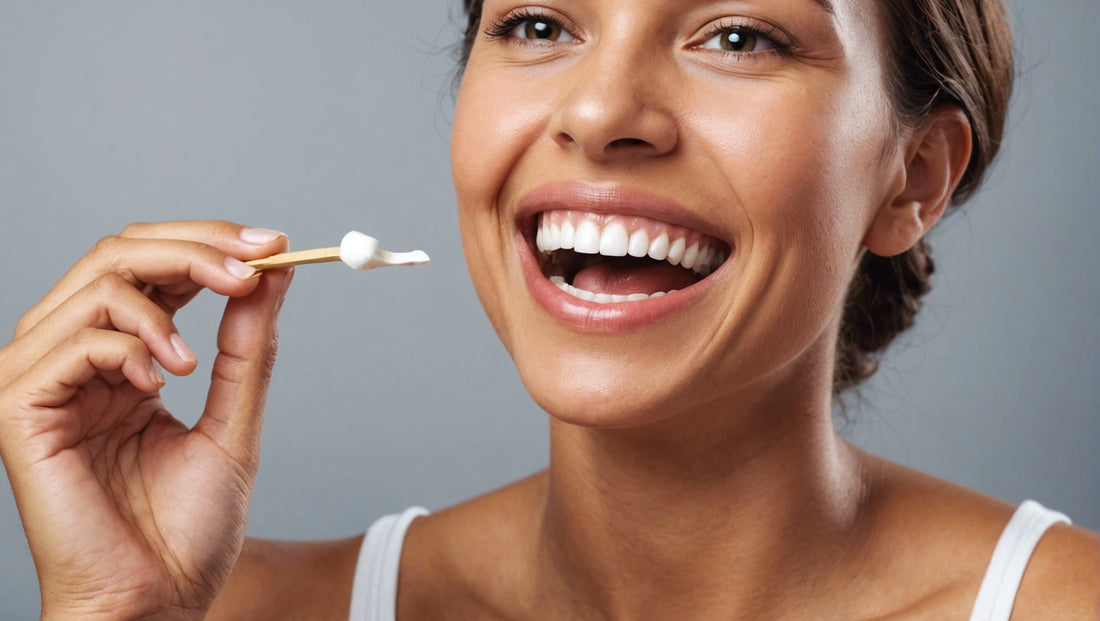Introduction
Oil pulling, an ancient Ayurvedic dental technique, has gained popularity in recent years as a natural remedy for improving oral health. Proponents claim that it can whiten teeth, reduce bad breath, and even detoxify the body. But what does science say about these claims? This article delves into the myths and facts surrounding oil pulling, providing a comprehensive overview for those considering this practice.
What is Oil Pulling?
Oil pulling involves swishing a tablespoon of oil (commonly coconut, sesame, or sunflower oil) in your mouth for about 15-20 minutes. The concept is that the oil "pulls" out toxins and bacteria, which are then expelled when the oil is spat out.
Historical Context
Oil pulling is rooted in Ayurvedic medicine, an ancient Indian system of health and wellness that dates back thousands of years. The practice is traditionally known as "Kavala" or "Gandusha" and has been used to prevent decay, bad breath, bleeding gums, dryness of the throat, and cracked lips.

Myths vs. Facts
Myth 1: Oil Pulling Can Replace Brushing and Flossing
Fact: Oil pulling should not replace regular brushing and flossing. According to the American Dental Association (ADA), there is insufficient scientific evidence to support oil pulling as a complete substitute for traditional oral hygiene practices. Brushing and flossing are essential for removing plaque and preventing gum disease.
Myth 2: Oil Pulling Whitens Teeth
Fact: While anecdotal reports suggest that oil pulling can help whiten teeth, scientific evidence is limited. Some studies indicate that oil pulling can reduce plaque and improve oral hygiene, which may result in a cleaner and brighter smile. However, it is not as effective as professional whitening treatments or over-the-counter whitening products.
Myth 3: Oil Pulling Detoxifies the Body
Fact: The concept of "detoxification" through oil pulling is not supported by scientific evidence. The body naturally detoxifies through the liver, kidneys, and other organs. While oil pulling can improve oral hygiene by reducing bacteria in the mouth, it does not detoxify the body.
Benefits of Oil Pulling
Despite the myths, oil pulling does offer some oral health benefits:
Reduces Harmful Bacteria
Several studies have shown that oil pulling can reduce the number of harmful bacteria in the mouth. A study published in the "Journal of Clinical and Diagnostic Research" found that oil pulling with sesame oil significantly reduced Streptococcus mutans, a bacterium associated with tooth decay, after two weeks of use.
Improves Gum Health
Oil pulling can help reduce inflammation and improve gum health. Research in the "Indian Journal of Dental Research" demonstrated that participants who practiced oil pulling experienced a reduction in gingivitis symptoms, including reduced bleeding and inflammation.
Reduces Bad Breath
Bad breath, or halitosis, is often caused by bacteria in the mouth. Oil pulling can help reduce these bacteria, leading to fresher breath. A study in the "Journal of Natural Science, Biology, and Medicine" showed that oil pulling with coconut oil was as effective as chlorhexidine, a common mouthwash ingredient, in reducing bad breath.
How to Practice Oil Pulling
If you decide to incorporate oil pulling into your oral hygiene routine, follow these steps:
Choose Your Oil: Coconut oil is popular due to its pleasant taste and antimicrobial properties. Sesame and sunflower oils are also traditional choices.
Measure the Oil: Place one tablespoon of oil in your mouth.
Swish: Swish the oil around your mouth for 15-20 minutes. Avoid swallowing the oil as it contains the bacteria and toxins pulled from your teeth and gums.
Spit Out: Spit the oil into a trash can (not the sink, as it can clog pipes).
-
Rinse and Brush: Rinse your mouth with water and brush your teeth as usual.
Safety Considerations
Oil pulling is generally considered safe, but there are some precautions to keep in mind:
Do Not Swallow: Avoid swallowing the oil, as it contains harmful bacteria and toxins.
Allergic Reactions: Be aware of potential allergies to certain oils.
Not a Replacement: Remember, oil pulling should complement, not replace, regular brushing and flossing.
Conclusion
Oil pulling can be a beneficial addition to your oral hygiene routine, offering potential improvements in gum health and reductions in harmful bacteria and bad breath. However, it should not replace traditional dental care practices such as brushing and flossing. As with any health practice, it's essential to consult with your dentist to ensure it's appropriate for your specific needs.
For more detailed insights and product recommendations, explore our comprehensive articles and guides on the ToothPow blog.

